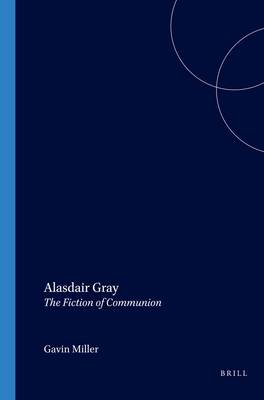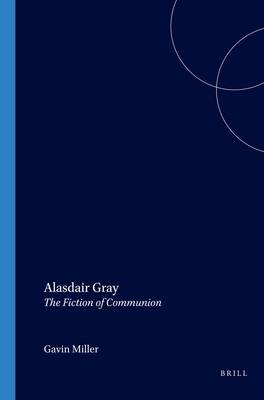
- Afhalen na 1 uur in een winkel met voorraad
- Gratis thuislevering in België vanaf € 30
- Ruim aanbod met 7 miljoen producten
- Afhalen na 1 uur in een winkel met voorraad
- Gratis thuislevering in België vanaf € 30
- Ruim aanbod met 7 miljoen producten
Zoeken
Omschrijving
Alasdair Gray's writing, and in particular his great novel Lanark: A Life in Four Books (1981), is often read as a paradigm of postmodern practice. This study challenges that view by presenting an analysis that is at once more conventional and more strongly radical. By reading Gray in his cultural and intellectual context, and by placing him within the tradition of a Scottish history of ideas that has been largely neglected in contemporary critical writing, Gavin Miller re-opens contact between this highly individualistic artist and those Scottish and European philosophers and psychologists who helped shape his literary vision of personal and national identity. Scottish social anthropology and psychiatry (including the work of W. Robertson Smith, J.G. Frazer and R.D. Laing) can be seen as formative influences on Gray's anti-essentialist vision of Scotland as a mosaic of communities, and of our social need for recognition, acknowledgement and the common life.
Specificaties
Betrokkenen
- Auteur(s):
- Uitgeverij:
Inhoud
- Aantal bladzijden:
- 144
- Taal:
- Engels
- Reeks:
- Reeksnummer:
- nr. 4
Eigenschappen
- Productcode (EAN):
- 9789042017573
- Verschijningsdatum:
- 1/01/2005
- Uitvoering:
- Paperback
- Formaat:
- Trade paperback (VS)
- Afmetingen:
- 150 mm x 220 mm
- Gewicht:
- 254 g

Alleen bij Standaard Boekhandel
+ 155 punten op je klantenkaart van Standaard Boekhandel
Beoordelingen
We publiceren alleen reviews die voldoen aan de voorwaarden voor reviews. Bekijk onze voorwaarden voor reviews.











